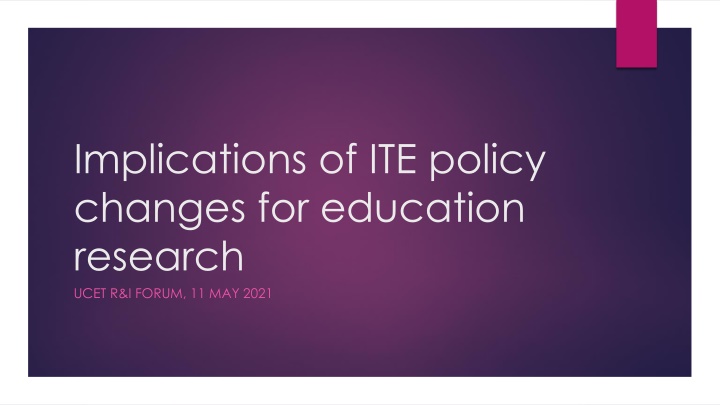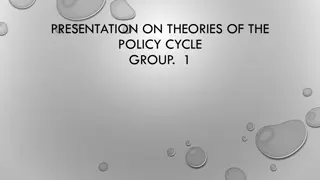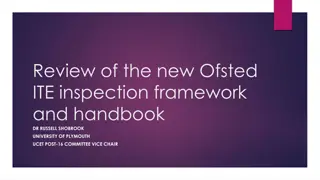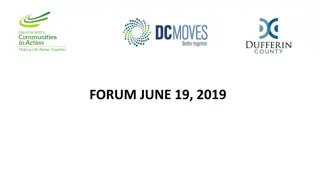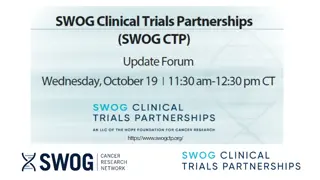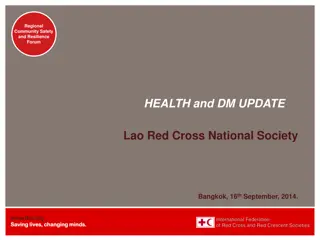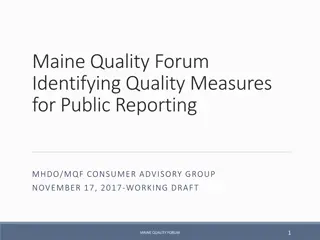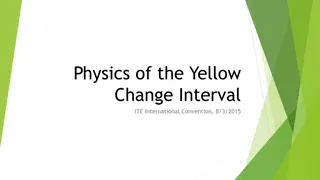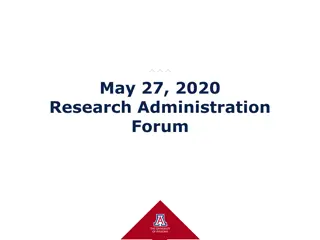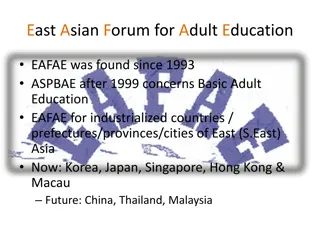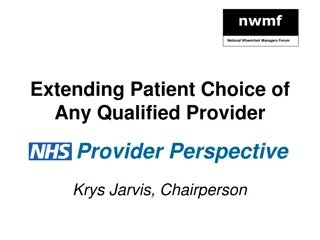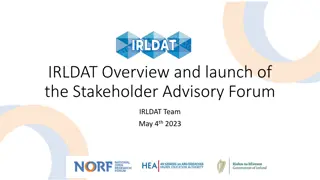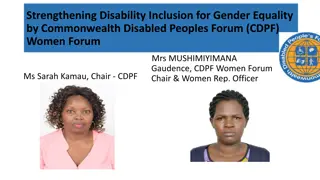Implications of ITE Policy Changes for Education Research - UCET R&I Forum
Key issues surrounding the implications for education research due to policy changes in Initial Teacher Education (ITE), including the DFE review of the ITE market, establishment of the Institute of Teaching, creation of Teaching School Hubs, and the Early Career Framework. The interlinked policies necessitate a holistic consideration of their implications on research, particularly conducted in partnership with schools. Reviewing the ITE market involves considerations such as accreditation, funding, content, and potential outcomes like greater prescription, compliance requirements, and implications for HEIs and SCITTs.
Download Presentation

Please find below an Image/Link to download the presentation.
The content on the website is provided AS IS for your information and personal use only. It may not be sold, licensed, or shared on other websites without obtaining consent from the author.If you encounter any issues during the download, it is possible that the publisher has removed the file from their server.
You are allowed to download the files provided on this website for personal or commercial use, subject to the condition that they are used lawfully. All files are the property of their respective owners.
The content on the website is provided AS IS for your information and personal use only. It may not be sold, licensed, or shared on other websites without obtaining consent from the author.
E N D
Presentation Transcript
Implications of ITE policy changes for education research UCET R&I FORUM, 11 MAY 2021
Key issue The implications for education research, particularly that carried out in partnership with schools, of: The DFE review of the ITE market The establishment of the Institute of Teaching The creation of new Teaching School Hubs The Early Career Framework (ECF) These policies are interlinked and the implications must be considered in the round and not in isolation
Review of the ITE market (1) Review announced in 2019 Recruitment & Retention Strategy, followed by roadshows prior to lockdown Work began in earnest in autumn 2020 with establishment of Expert Advisory Group Likely to look at: Which organisations are accredited to deliver ITE and in partnership with whom Who do prospective ITE students apply to? Funding mechanisms ITE content, in context of CCF and ECF Much lobbying by UCET and others (Teach Best etc.)
Review of ITE Market (2) Timescales: Autumn: EAG begins meeting November-January: preliminary meetings with UCET & NASBTT & EAG Chair Extension of meetings of other groups with EAG Chair (following UCET PR) UCET engagement of PLMR, and other lobbying activities Spring 2021: DfE round table discussions Summer 2021: public consultation
Review of ITE Market (3) Possible outcomes: Greater prescription of ITE content in context of CCF (detailed curriculum? CCF exemplification materials? Standardised placement models?) Compliance with content requirements through OfSTED and new ITE requirements Much reduced number of national ITE providers (20-30?) working in partnership with local delivery partners (teaching schools hubs? HEIs? SCITTs?) Minimum scale for ITE delivery Possible implications: Fewer HEIs Fewer SCITTs Reduced scope to contextualise ITE content
Review of ITE Market (4) Possible implications of Market Review for education research: Education departments close as HEIs withdraw from ITE Reduced scope in ITE for students to critique approved research and engage with alternatives
Institute of Teaching (1) To deliver ITE for 1,000 students by September 2024, plus 2,000 early career teachers, 2,000 mentors & 1,000 NPQs Three year contract (with options to extend) at 2m per-year Minimum of four regional campuses delivering evidence-based blended learning Will build evidence on most-effective approaches to teacher development and will support other organisations (e.g. TSHs) to understand and implement best-practice Will become England s flagship provider, and will have DAPs, including scope to validate PGCEs
Institute of Teaching (2) Questions: How does IOT link to other reforms? Do references to flagship provider , developing a shared understanding of what works , and supporting other parts of the sector imply that others will be expected to follow its lead? Will other ITE programmes be allowed to critique IOT view of what works ? Will schools that want to engage in research activities be steered towards working with the IOT rather than HEIs?
Teaching School Hubs Background: 87 new TSHs announced on 10 February. Will replace 750 existing teaching schools from September 2021 Intended to be centres of excellence for teacher leadership , with [as yet unspecified] roll in ITE, ECF, NPQs and as Appropriate Bodies for the award of QTS Questions: What role will TSHs have in the new ITE market structure (placement coordinators? Local delivery partners? Lead providers?) How will TSHs engage with HEIs? Will existing teaching schools withdraw from research activities and partnerships with HEIs?
Early Career framework National roll out from September 2021. Entitlement for all NQTs over extended 2-year induction period. ECF can be delivered through national ECF delivery organisations or by schools themselves using national resources Questions: Impact on master s level CPD for new teachers? Scope to critique underpinning ECF research assumptions?
Discussion What are they key challenges for education research and HEIs presented by the Market Review, IOT, TSHs and ECF, individually and collectively? Are there any opportunities for HEIs? How should the sector respond?
